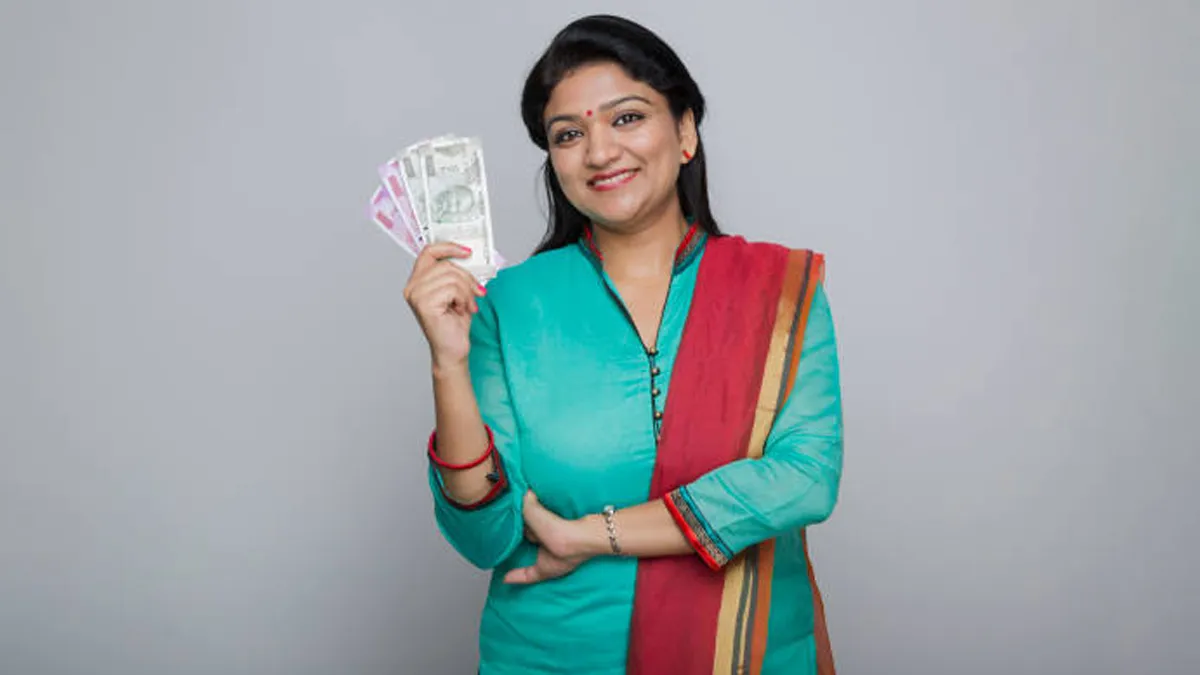
How To Invest With Rs 1000 Or Less: Many women think they need a big salary or deep financial knowledge to start investing, but that’s simply not true. In fact, starting small can be one of the smartest ways to build your financial future. We connected with CA Shreya Jaiswal, Finance Educator and Founder and Managing Partner of Fawkes Solutions, who shared some simple and practical ways for women to start investing, even on the tightest budget. From safe government schemes to smart digital tools, she breaks it all down in a way that’s easy to understand and act on.
Whether you're a student, a homemaker, or just beginning your career, you can start investing with as little as Rs 1,000 or even Rs 500.
You don’t need lakhs to begin investing, Rs 500 or Rs 1,000 is more than enough to kick things off. The key is building a habit. Shreya Jaiswal shared, “Platforms like INDmoney and Stockal now offer fractional shares. You can own a piece of expensive stocks like HDFC Bank or Reliance with just Rs 100. This democratises access to blue chip companies that seemed out of reach.”

Small starts grow steadily over time, especially when you invest consistently. This isn’t just saving, it’s empowering your future one step at a time.
Systematic Investment Plans (SIPs) let you invest as little as Rs 500 monthly in mutual funds.

Shreya Jaiswal explains, “Most mutual fund houses allow SIPs starting at just Rs 500. I recommend beginning with a diversified equity fund or hybrid fund. Apps like Groww, Paytm Money, and ET Money have made this incredibly accessible. Set up an autodebit and forget about timing the market consistency trumps perfection every time.” It’s a smart, low‑stress way to begin growing your money.
Public Provident Fund (PPF): Start from Rs 500. It's low risk, tax‑efficient, and lends itself to long‑term planning:
National Savings Certificate (NSC): With a minimum of Rs 1,000, your money grows with guaranteed returns plus 80C tax benefits.
Mahila Samman Savings Certificate (post office initiative): A short‑term, women‑only scheme (2 years), offering solid interest.
Don't miss: What Is NIFTY - Meaning, Features, Benefits, And How It Is Calculated: Money Matters
Shreya Jaiswal says, “Instead of buying physical gold, consider Gold ETFs or Gold Mutual Funds. You can start with as little as Rs 1,000 and avoid making charges, storage hassles, and purity concerns. It's liquid, transparent, and perfect for portfolio diversification.”

Digital gold and gold ETFs let you invest small amounts, safer, more flexible, and easy to buy or sell.
Don't miss: Gold Vs Silver: Which Is The Better Investment For Women In 2025, As Per Expert
Set a clear goal, know what you're investing for. It helps you stay focused and choose the right option. Shreya Jaiswal advises, “Even if you save just Rs 1,500 monthly, allocate Rs 300 (20%) to investments. Split this between equity SIPs (Rs 200) and debt funds (Rs 100). Small amounts compound into significant wealth over time.”
Note: Consult a financial counsellor before making any decision.
For more such stories, stay tuned to HerZindagi.
Image credit: Freepik
Also watch this video
Herzindagi video
Our aim is to provide accurate, safe and expert verified information through our articles and social media handles. The remedies, advice and tips mentioned here are for general information only. Please consult your expert before trying any kind of health, beauty, life hacks or astrology related tips. For any feedback or complaint, contact us at compliant_gro@jagrannewmedia.com.